Reviewed by Corey Noles
Apple's biggest event of the year delivered exactly what tech enthusiasts expected, and a few surprises that hint at where the company is heading. TechCrunch confirmed that Apple Intelligence was the star of the show, just like it was at WWDC in June, with the iPhone 16 lineup taking center stage alongside a slew of AI-related updates for iOS 18. Under the splashy demos sits a deeper story about Apple's AI strategy, its evolving relationship with Google, and what this all means for Siri.
More is on the way in December, including Genmoji and Image Playground features for creating AI-driven avatars and visual content. Apple plans to expand language support and improve writing assistance and Siri personalization, all while sticking to the privacy-first tack that sets it apart from rivals focused on cloud-heavy AI.
PRO TIP: If you're planning to upgrade to the iPhone 16, the AI features alone make it worth considering. The blend of local processing and cloud integration gives you privacy and capability without forcing a trade-off.
The staggered rollout shows Apple prefers polish over speed. Each update builds trust, then adds capabilities that feel intuitive rather than overwhelming.
What this all means for the Apple ecosystem
Taken together, the iPhone 16's AI features, the steady Google partnership, and Siri's roadmap point to Apple doubling down on what it does best, a cohesive, privacy-focused ecosystem that just works. Apple's unique advantage is the willingness to rethink operating systems around AI, weaving it into the OS and apps instead of bolting it on top.
The company's foundation models are fine-tuned for specific jobs, writing and refining text, prioritizing notifications, creating playful images, and taking in-app actions. Paired with the financial stability of the Google search deal and a steady cadence of new AI features, Apple is set up to compete while staying true to its ecosystem playbook.
There is a bigger strategic angle too. Apple is building AI that becomes more valuable the deeper you are in the ecosystem. Your iPhone learns from your iPad habits, your Mac benefits from data processed on your phone, and your Apple Watch adds health context that makes AI interactions more relevant. Those connections raise switching costs far beyond simple device compatibility.
Bottom line: Apple is not just playing catch-up in AI, it is playing a different game entirely, one where integration, privacy, and user experience matter more than raw computational power. Based on what we have seen so far, that strategy is working as planned. The iPhone 16 and Apple Intelligence mark a new chapter in how we interact with technology day to day.




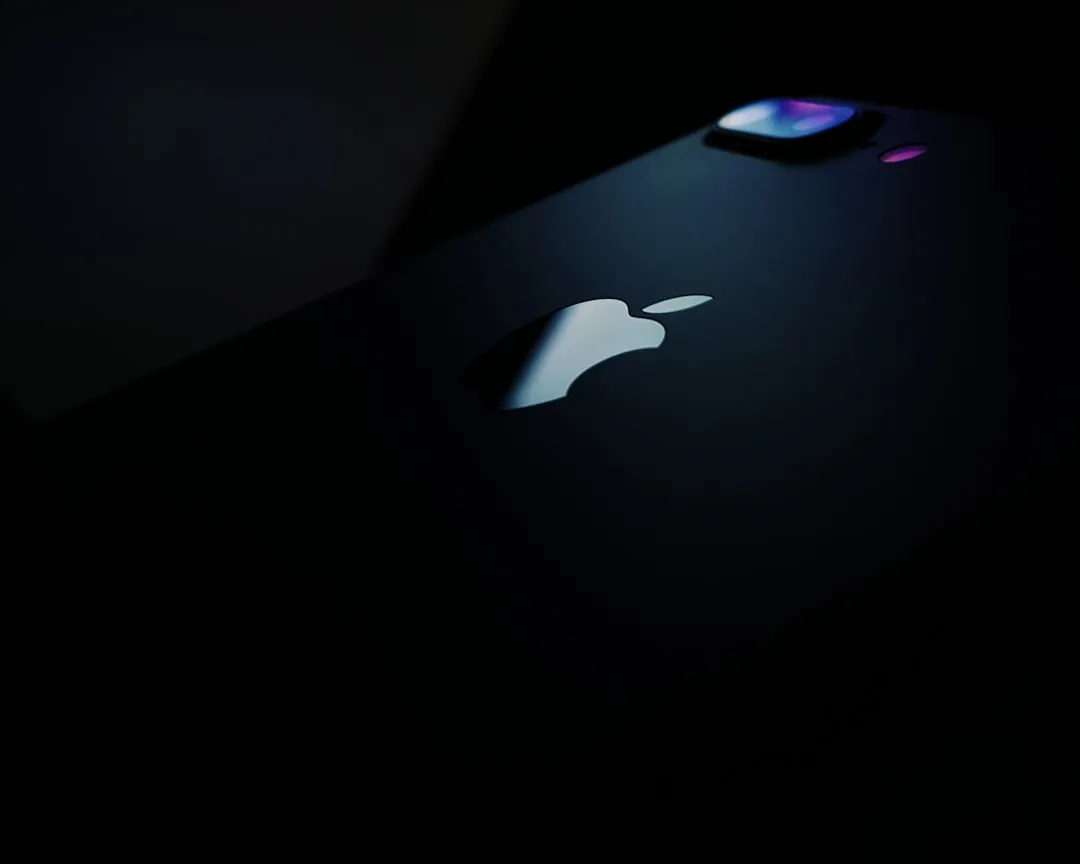
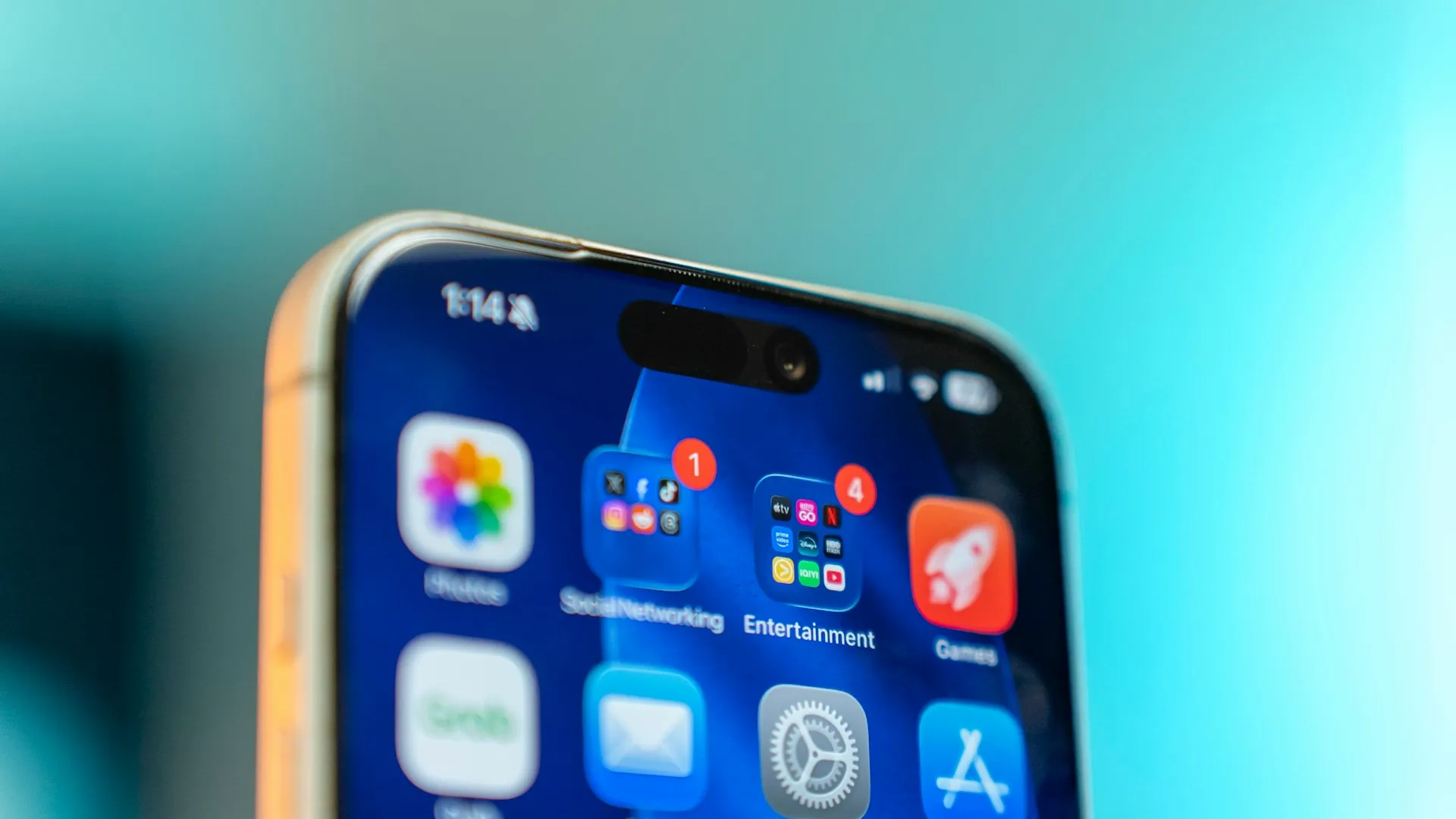
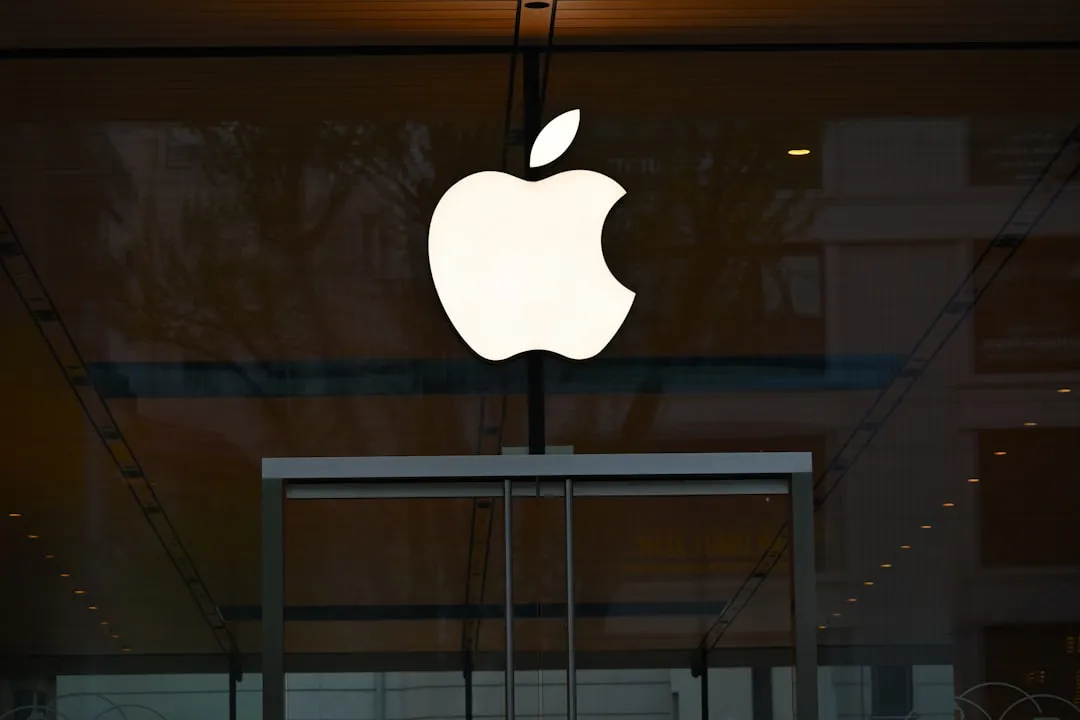

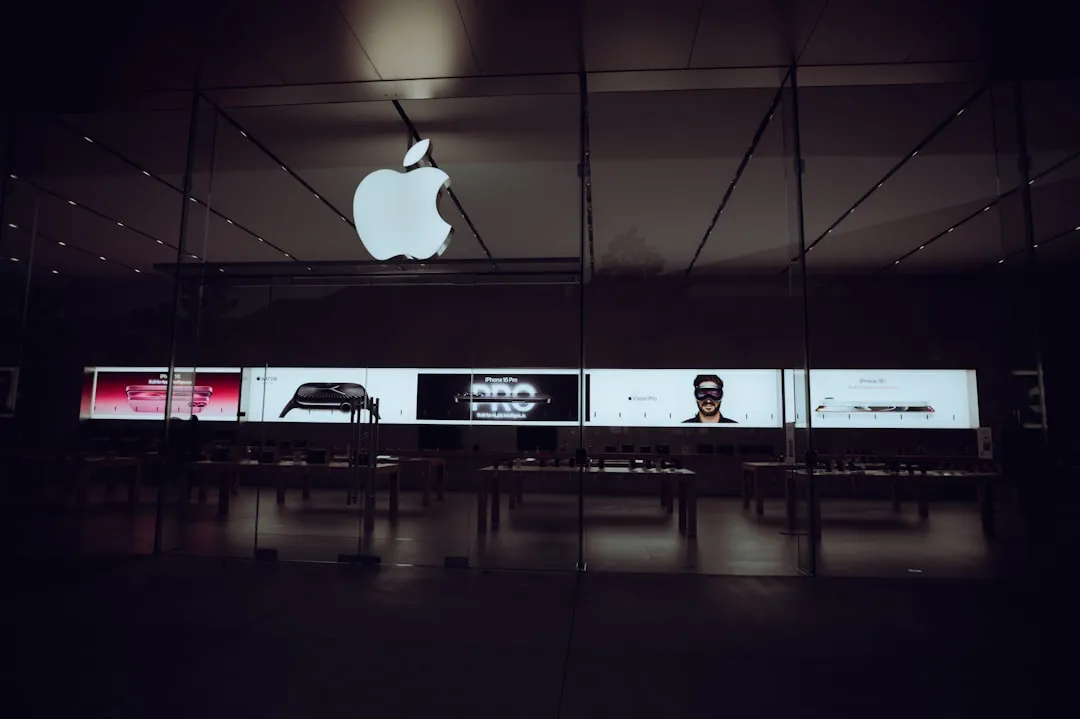
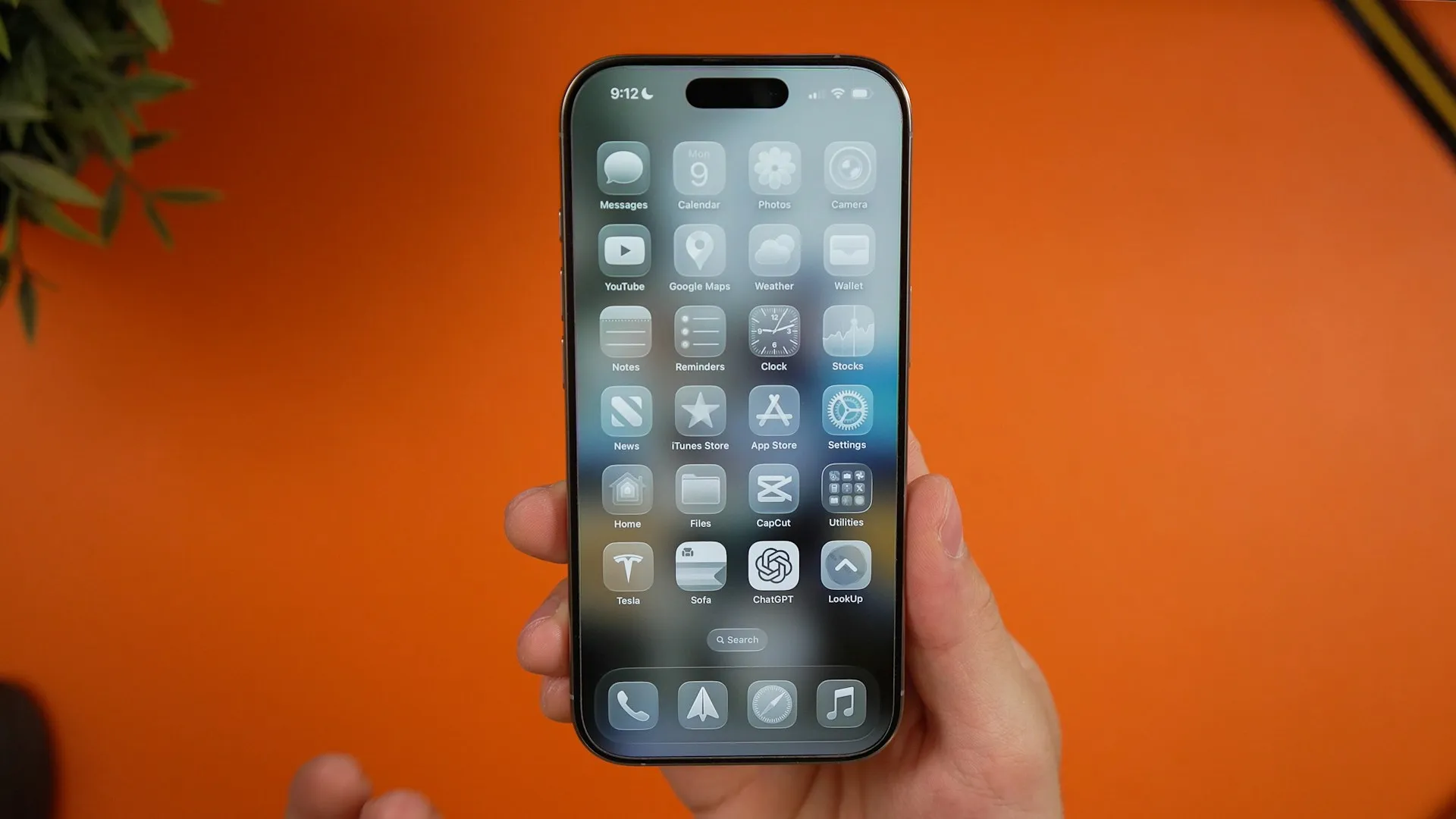

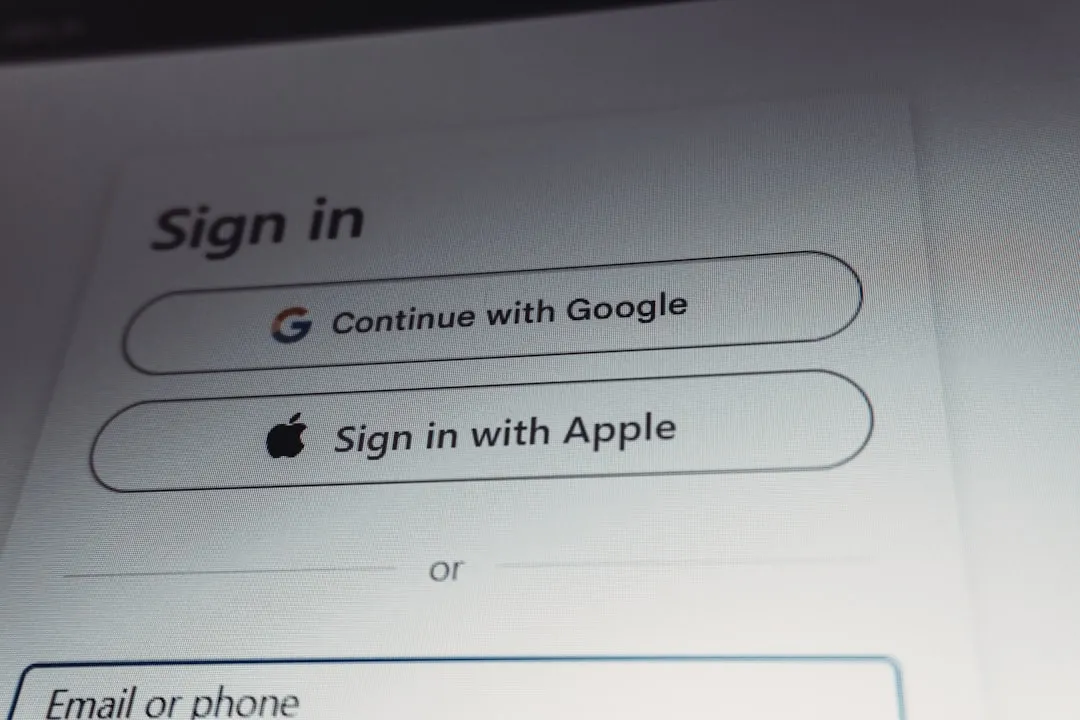

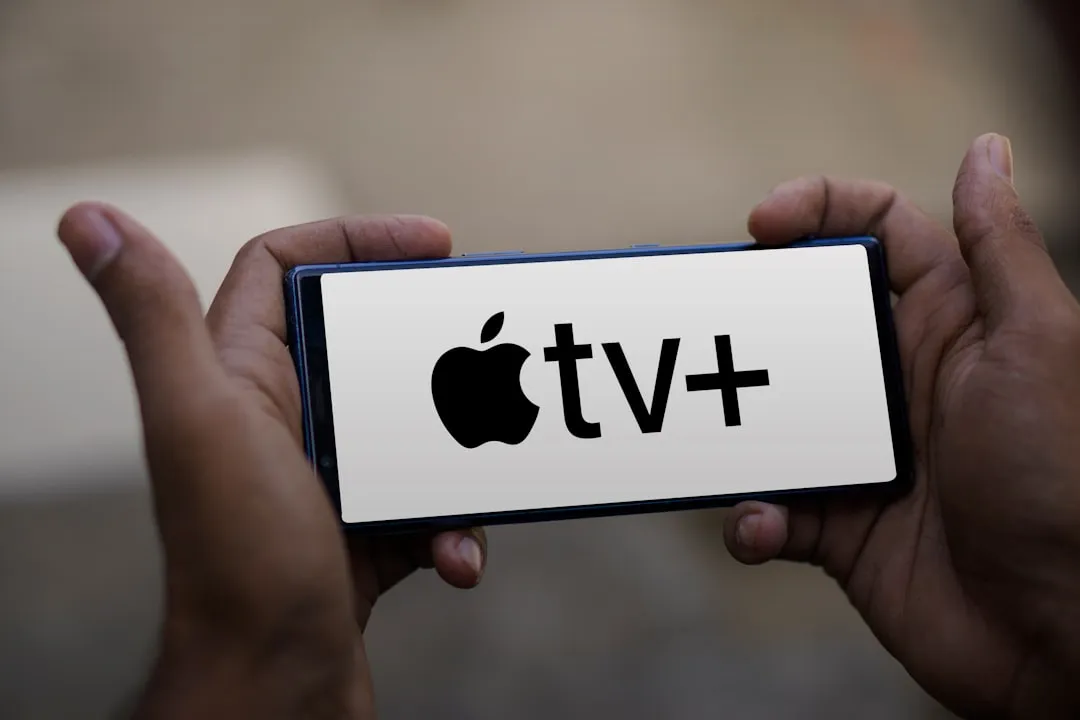

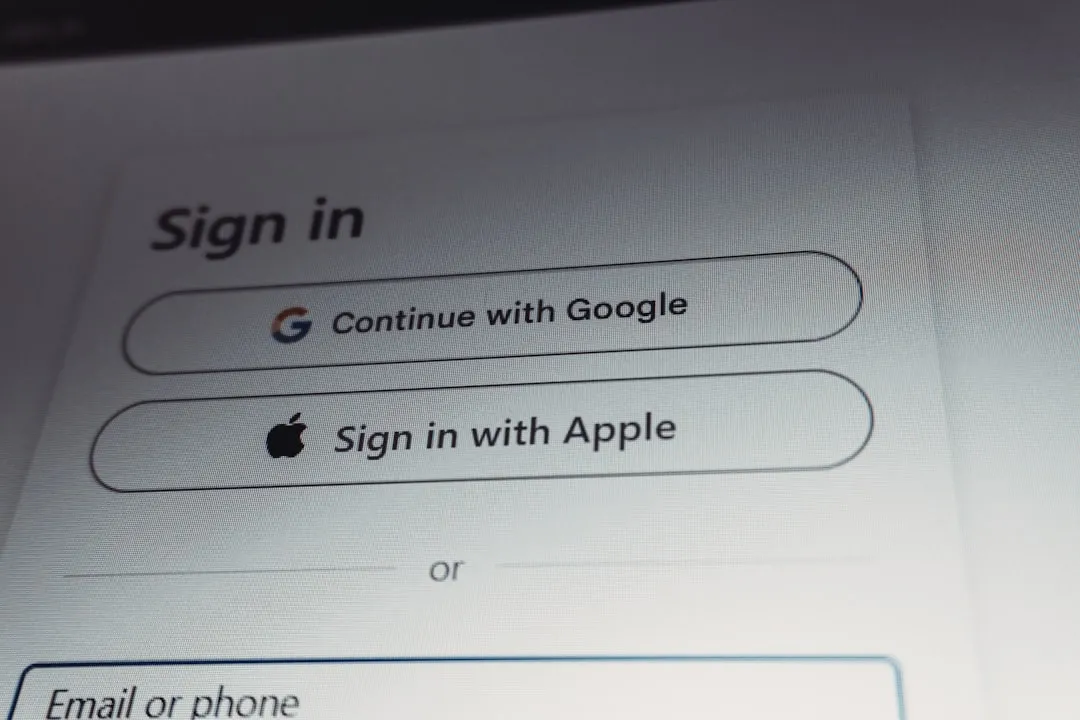
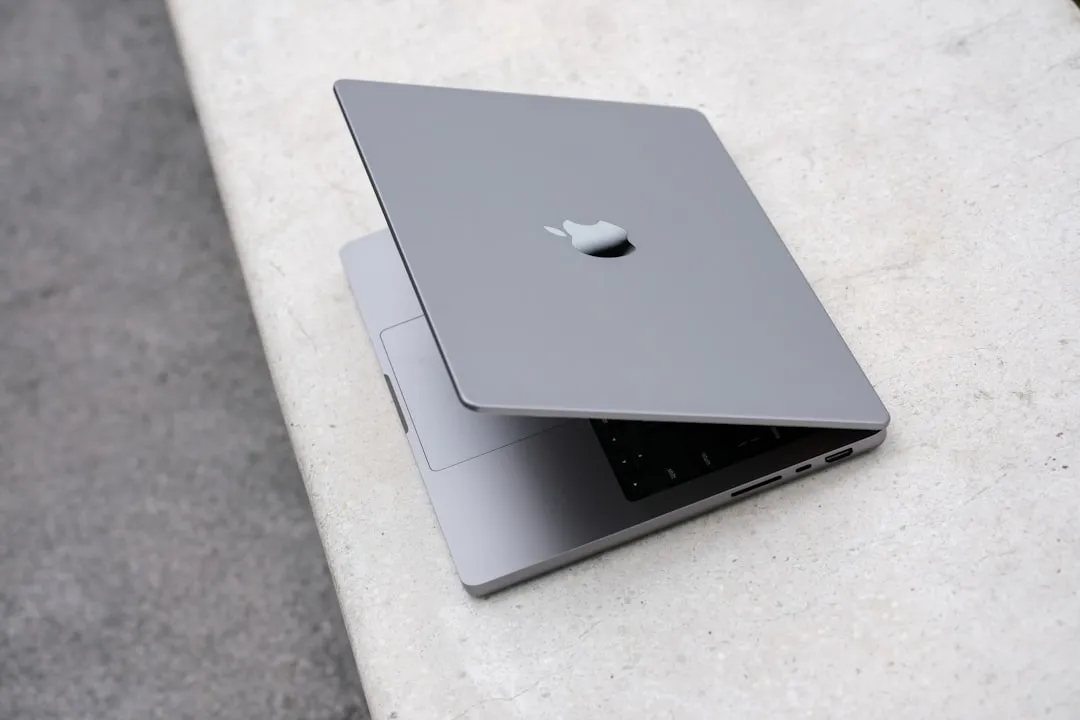


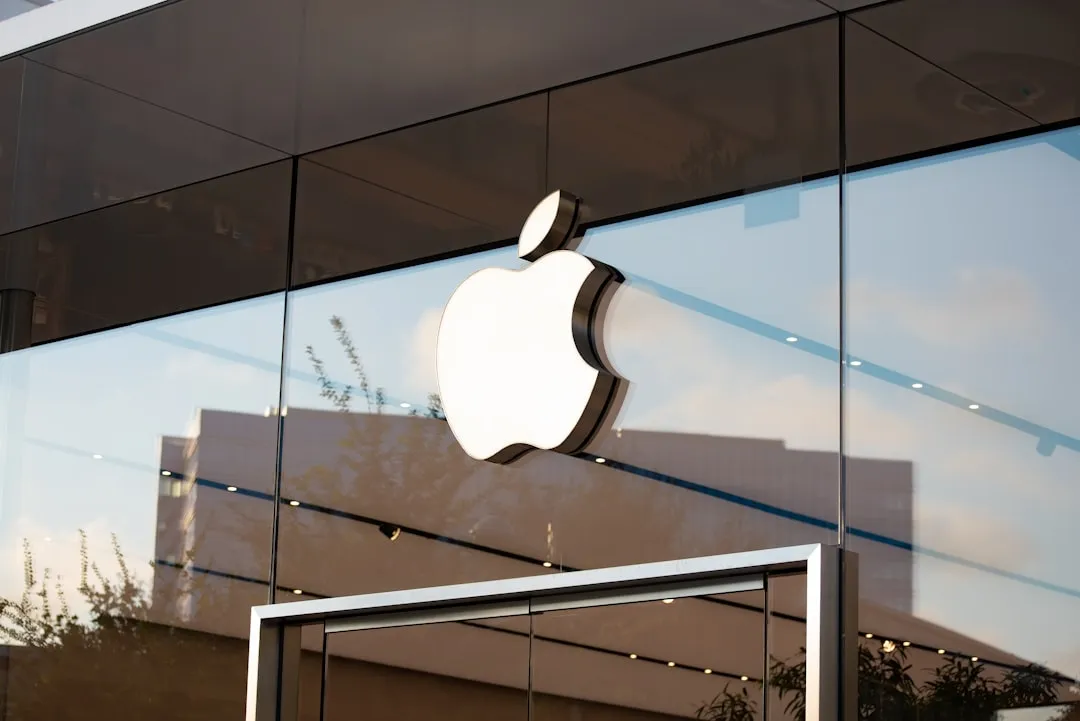

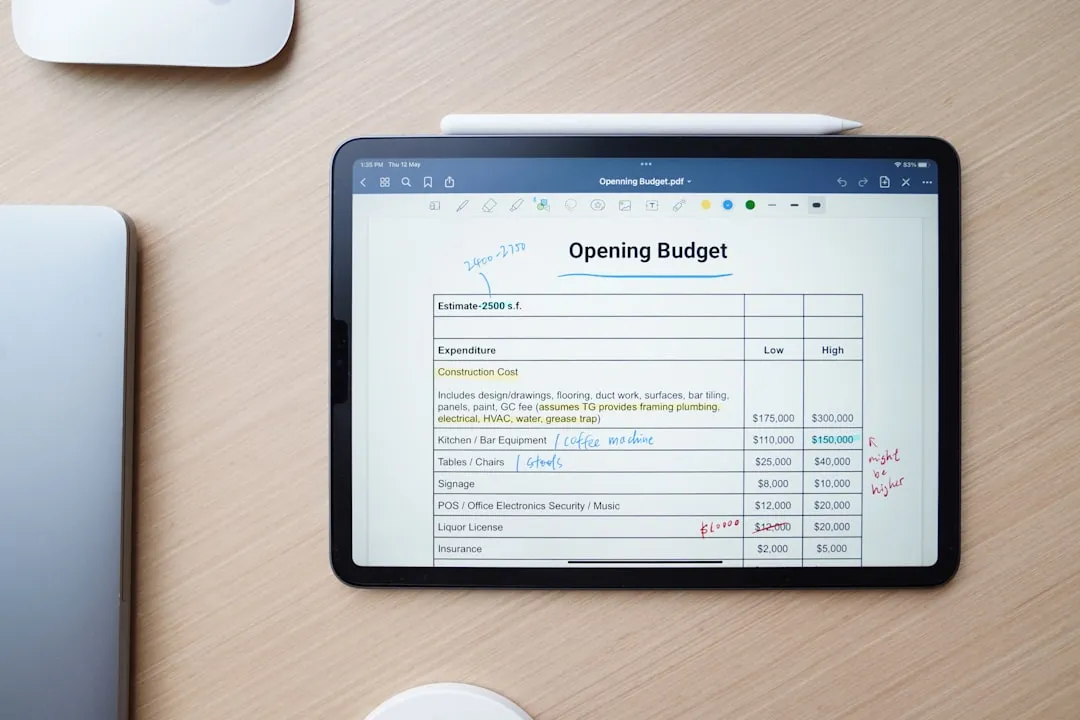

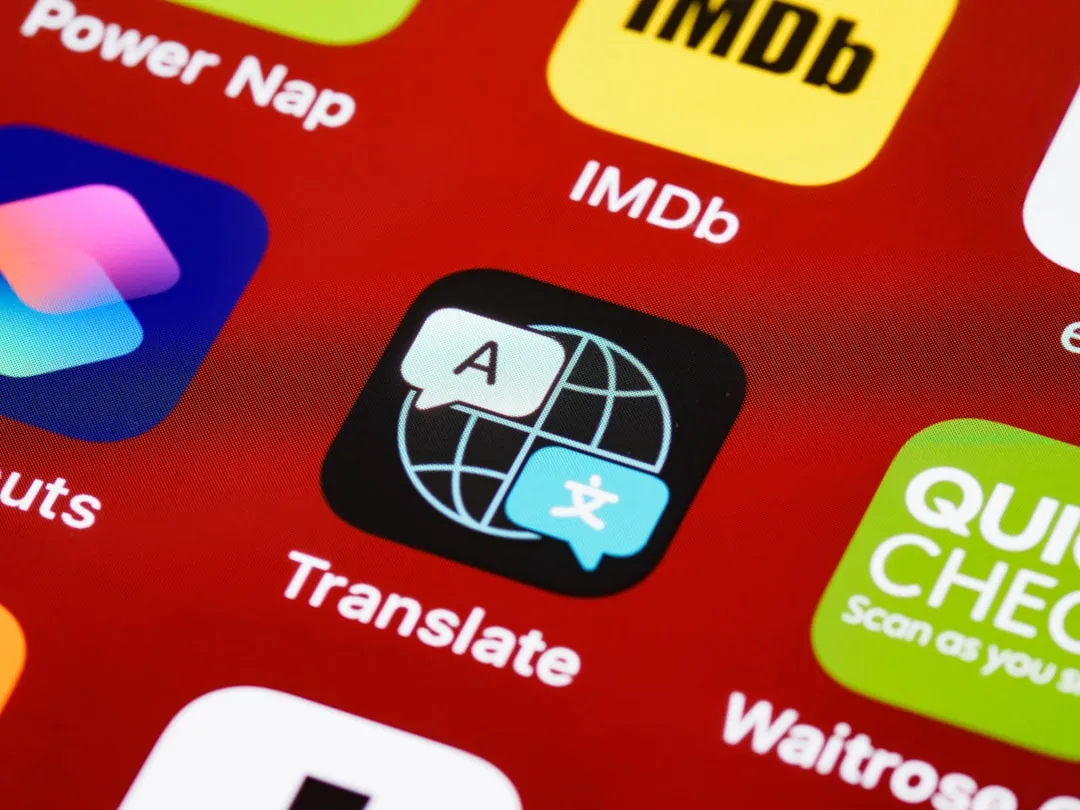

Comments
Be the first, drop a comment!